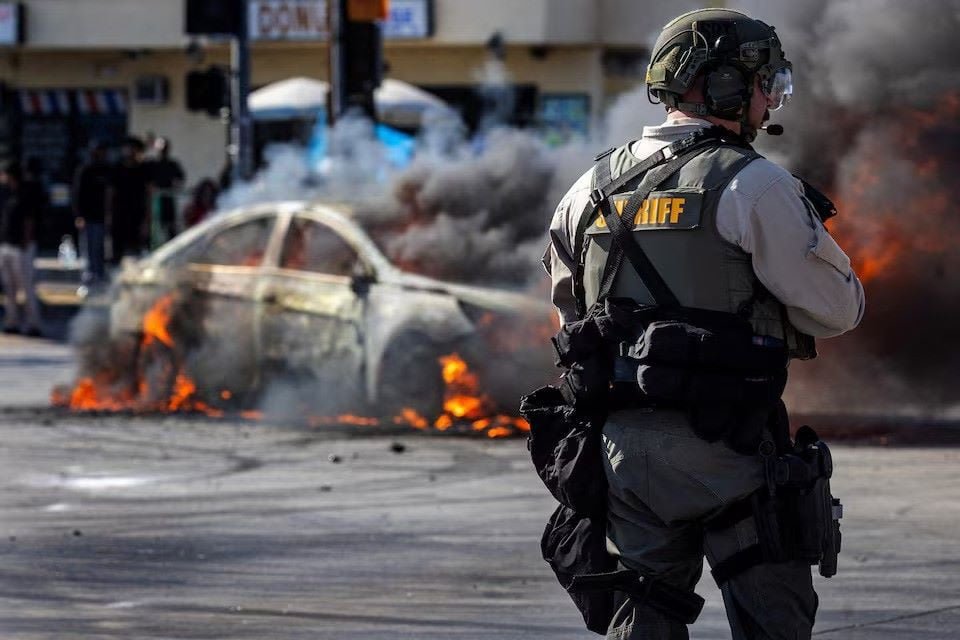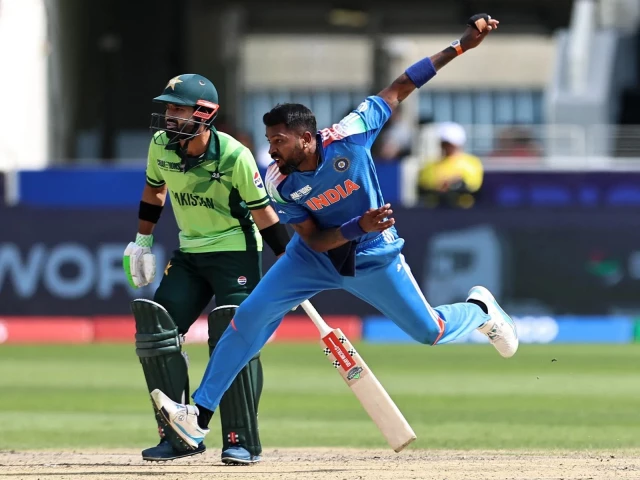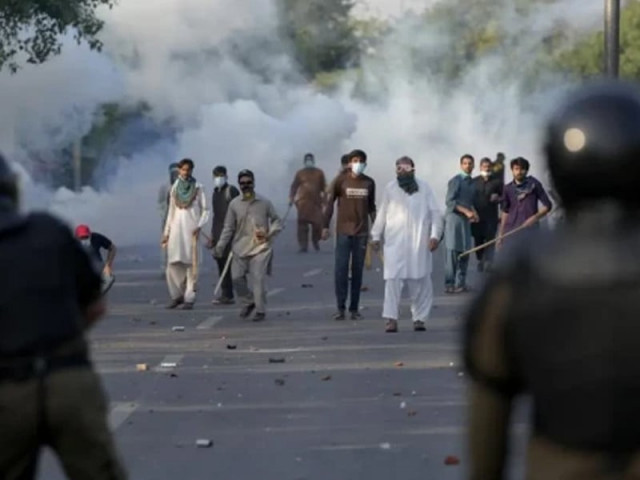Navigating the Waters: The Indus Waters Treaty Dispute
The recent ruling from the Permanent Court of Arbitration (PCA) regarding the Indus Waters Treaty (IWT) has stirred up quite a storm in South Asia. This ruling, which asserts the PCA’s jurisdiction despite India’s refusal to acknowledge it, highlights the complexity of international water disputes. Water isn’t just a resource; it’s a lifeline for millions. So, when legal decisions intertwine with national sentiment, things can get tense.
India’s outright rejection of the PCA’s findings raises important questions about the enforcement of international law. After all, laws hold weight only when countries respect them. India’s recent actions—such as unilateral moves in territorial debates—paint a picture of a nation not fully committed to the global legal framework. This doesn’t just affect India and Pakistan; it complicates relationships with other countries, especially Western nations that may hesitate to take a firm stand.
Interestingly, while India has questioned the legitimacy of the PCA, it finds itself simultaneously involved in several other arbitrations before the same court. This apparent double standard complicates the narrative and reflects a broader tendency in international relations where power dynamics often outweigh legal principles.
The PCA’s recent decision, stating that mutual consent is required for significant alterations to the Indus river flow, could have substantial implications. For instance, ongoing projects like the Kishenganga and Ratle hydropower initiatives proposed by India may face legal hurdles if Pakistan maintains its objections. This reinforces the idea that water security is a two-way street: cooperation is essential for lasting peace.
Yet, the prospects for constructive dialogue seem bleak as both nations grapple with entrenched positions. India’s leadership, in particular, seems caught up in a narrative of supremacy, believing that its voice carries weight on the global stage without fully acknowledging its regional responsibilities. It’s a delicate dance that requires not just assertiveness, but also respect for neighbors.
In this complex landscape, keeping informed about international law and its implications can be invaluable. As discussions around water rights and treaty obligations evolve, it’s important to seek reliable resources and engage in conversation. For those wanting to dig deeper into such global issues, exploring platforms like Pro21st can provide further insights and community discussions that enrich our understanding of international affairs. Let’s keep this conversation going!





